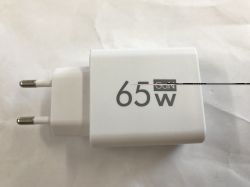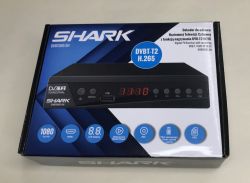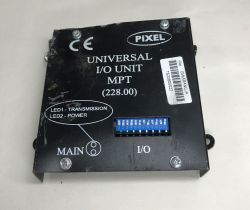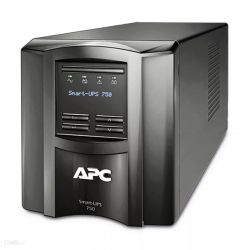Anonymous wrote: On the other hand, the active power factor correction (APFC) systems used today in many power supplies (according to EU law, they must be installed in all power supplies with a power above 175W), are ordinary boost converters, powered by a half-wave rectified voltage, not stabilized, taken from the network only by a rectifier bridge . Apparently, it happens that the switching frequency of the transistors in the APFC and in the inverter are equal (it will be similar, generally certain conditions will be met), it may turn out that the inverter and PFC transistors will short-circuit together, which will damage the power supply, inverter or both.
Can you confirm it or unequivocally deny that such a thing is happening?
Nobody wrote back, so I will write back.
Something like that can't happen.
The switching frequencies of the converters may be the same, but this will not lead to anything wrong.
This is because both systems and the other are not directly connected.
The UPS does not provide the inverter's keyed voltage to the output, it only charges the capacitor.
And only the voltage from the capacitor is keyed at a low frequency (but this is not a converter any more).
So there is simply no keying at the UPS output
inverter .
In turn, the PFC is a converter, but with the coil on
entrance . So PFC keying is not seen as short circuits on the input terminals.
So we have not even one, but two insulations between the converters.
No short circuits and no smoking, so there will be no.








